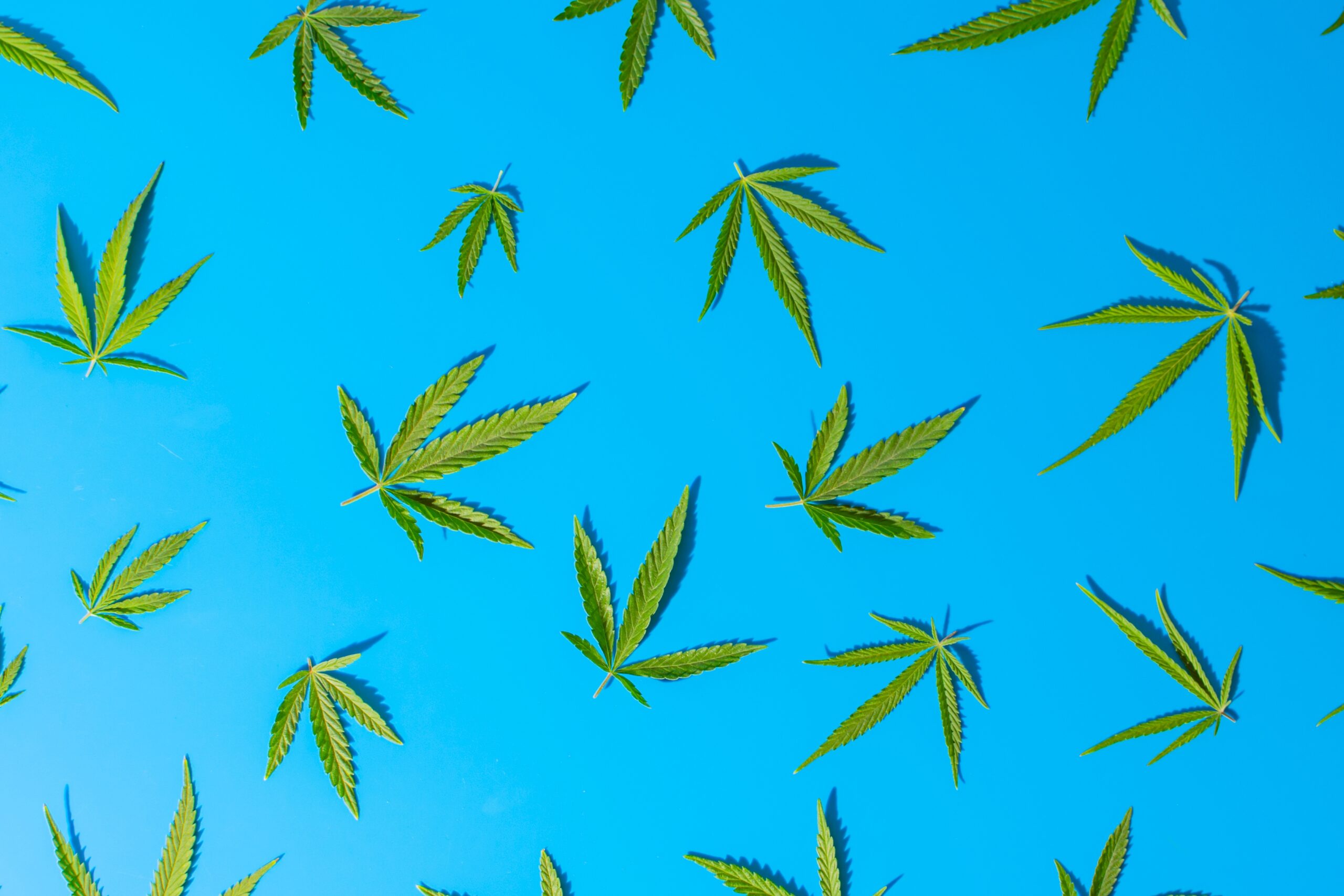Connect with us
Published
9 months agoon

For many people, cannabis legalization doesn’t affect their day-to-day habits surrounding cannabis use very much. But one study suggests that cannabis legalization may actually have a greater effect on the habits of young adults who don’t attend college.
The study from Oregon State University looked at 18- to 23-year-olds in states with legal recreational cannabis to find out if and how their habits surrounding cannabis use changed. While cannabis legalization didn’t have much of an overall effect on college students, showing no growth in frequent or disordered use, both of these categories significantly increased for those in the same age group who didn’t attend college.
Non-College Student Weed Habits Change With Recreational Legalization
The study points out that there was a gap in knowledge surrounding young adults’ cannabis use, given that use patterns were gauged from college samples instead of nationally representative samples.
Researchers examined repeated cross-sectional data collected from college-eligible participants, 18-23 years old, in the National Survey on Drug Use. They looked at self-reported past-month cannabis use and a proxy for past-year cannabis use disorder as primary outcomes, while measuring past-month frequent alcohol use and binge drinking as secondary outcomes.
Prevalence of use increased from 21% before recreational cannabis legalization to 25% after legalization for past-month cannabis use, and past-year proxy cannabis use disorder also rose from 11% to 13%, which researchers said were statistically significant increases. Recreational legalization impacts were not detected for secondary outcomes.
“Some young adults appear sensitive to state recreational cannabis legalization, including in terms of cannabis use disorder risk,” the study concludes. “Additional prevention efforts should be directed to young adults who are not in college and timed to occur before age 21 years.”
Ambiguous Causes and Need For Future Research
To some, these findings may seem somewhat self-explanatory. College students must attend classes, study and do homework, may be part of university extracurriculars and likely work part or full time, leaving less time to smoke weed and get high. Non-college students may have a full-time job, but they don’t have the same amount of other commitments many college students do.
However, OSU Psychology Professor David Kerr, the study’s lead author, suggested it may be something else. Kerr said that resources provided by universities could explain some of the gap when it comes to non-college students’ rise in cannabis use after legalization.
“The average young adult who’s not in college, who’s working, their employer probably is not making special efforts to dissuade them from certain types of behaviors,” he said.
While Kerr posed this as one possibility, he admitted that further research is needed to find the true cause, since non-college students are understudied.
Research Around Cannabis, Young Adults and Youth
There has been a wealth of research surrounding cannabis reform as it pertains to young people, essentially looking to examine whether or not the persistent argument against reform — that legal cannabis laws will increase use among youth — holds any merit.
A recent federal study found that cannabis and psychedelic use is at an all-time high, among those ages 19-30. Though, when we turn attention to adolescents and teens under 18, we largely see a different picture.
A 2022 study found that recreational cannabis laws didn’t impact perceived risk of cannabis use among youth, ultimately concluding that state-level recreational cannabis laws are not associated with different perceptions of cannabis risk in children. A number of recent reports have also confirmed that cannabis legalization has not led to increased youth consumption.
Even looking at other legal substances, and examining the argument that cannabis is a gateway drug leading to further drug use, one recent study also works to combat that notion. Researchers found that just 6% of young people initiated their substance use with cannabis, and those who did were less likely in life to consume alcohol or to report either substance abuse or mental health issues. The study suggests that alcohol is still the most popular substance initiation, with 52% of respondents consuming alcohol before any other controlled substance.


Clinical Trial To Assess LSD Microdosing For PMS


Survey: High-THC Flower Yields Few Serious Side Effects in Patients


Connecticut House Approve Bill Regulating Hemp Products


Hemp Clothing Market to Hit $23B by 2031, Report Predicts


Despite City Efforts, Hemp Shops Posing as Dispensaries Prevail in Las Vegas


Cannabis Community, Investors React to DEA Decision To Reschedule
